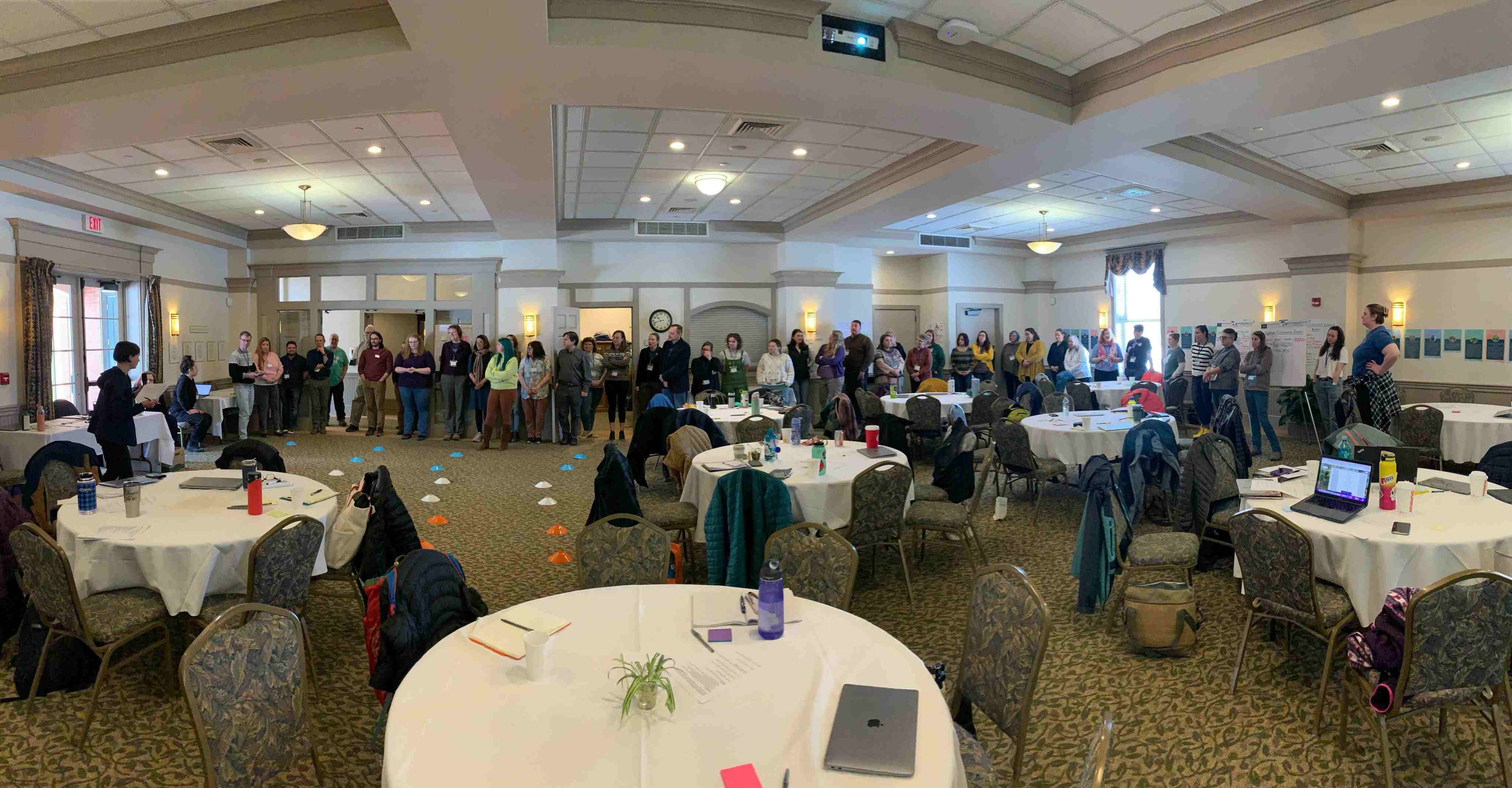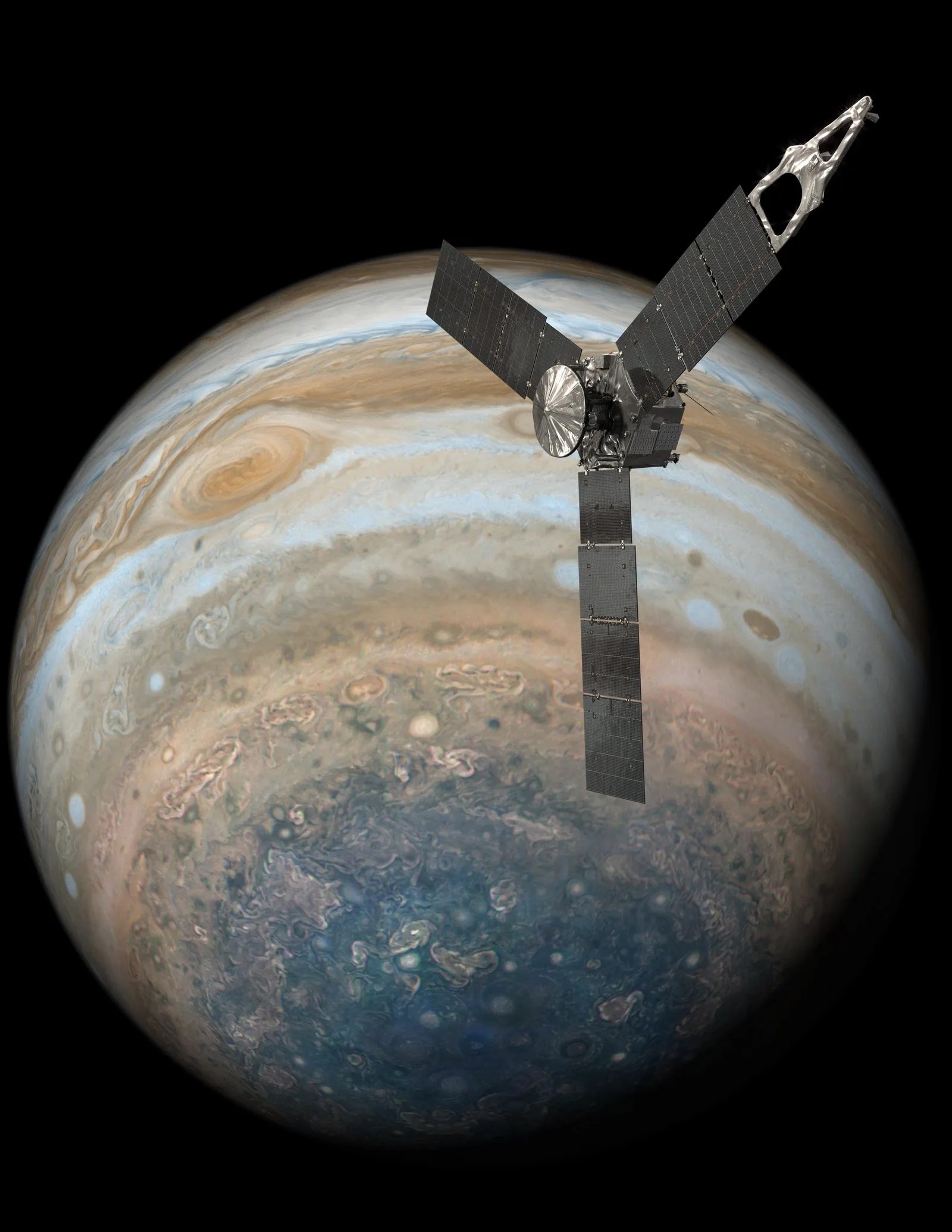2 min read
On February 28-29, 2024, 57 teachers, librarians, and out-of-school educators gathered for a two-day retreat organized and supported by members of the NASA Science Activation Program’s Learning Ecosystems Northeast project team. Based at the Gulf of Maine Research Institute (GMRI), Learning Ecosystems Northeast (LENE) supports regional peer communities of educators who are working to co-develop data-rich climate learning experiences that span learning contexts. This high-energy leap-day retreat was held on the campus of the University of Maine Orono (a project partner) and featured a balance of hands-on activities that educators can use in their learning contexts; reflection time to support educators to absorb and activate their learning; and collaborative planning time to design cross-context learning opportunities for youth.
As with all LENE events, relationship building was priority one, facilitated by evenings playing data-rich board games and a planetarium show by NASA Subject Matter Expert, Shawn Laatsch, at the Versant Planetarium on the University of Maine campus. Project partners from GMRI, University of Maine Cooperative Extension 4-H, Maine State Library, Education Development Center, and Stanford University participated in and/or helped facilitate the event.
The upcoming April 8, 2024 total solar eclipse featured prominently in conversations throughout the retreat, with new plans being drafted in real time through collaboration with experts and other educators. Thanks to NASA support, after two days of dynamic sessions, collaborative planning, and boundless enthusiasm, these educators departed with a renewed sense of purpose, ready to ignite a wave of inspired connected learning in their communities!
Here's what two of the retreat participants had to say about their experience:
Thank you for putting this together, this was so helpful! These gatherings give me the opportunity to meet people and make connections with them that would not have happened in any other way. It connects educators who are excited and motivated to get students activated around learning.

Sara King
Hancock/Midcoast Connected Learning Ecosystem, Rural Aspirations Project
This was my first Connected Learning Ecosystem (CLE) experience and I found it incredibly invigorating and helpful. As a librarian, it was really useful to meet other educators to learn about what they are doing and how we might work together.

Samantha Cote
Windham Public Library, Western Maine CLE
The Learning Ecosystems Northeast project is supported by NASA under cooperative agreement award number NNX16AB94A and is part of NASA’s Science Activation Portfolio. To learn more, visit: https://science.nasa.gov/sciact-team/gmri/








